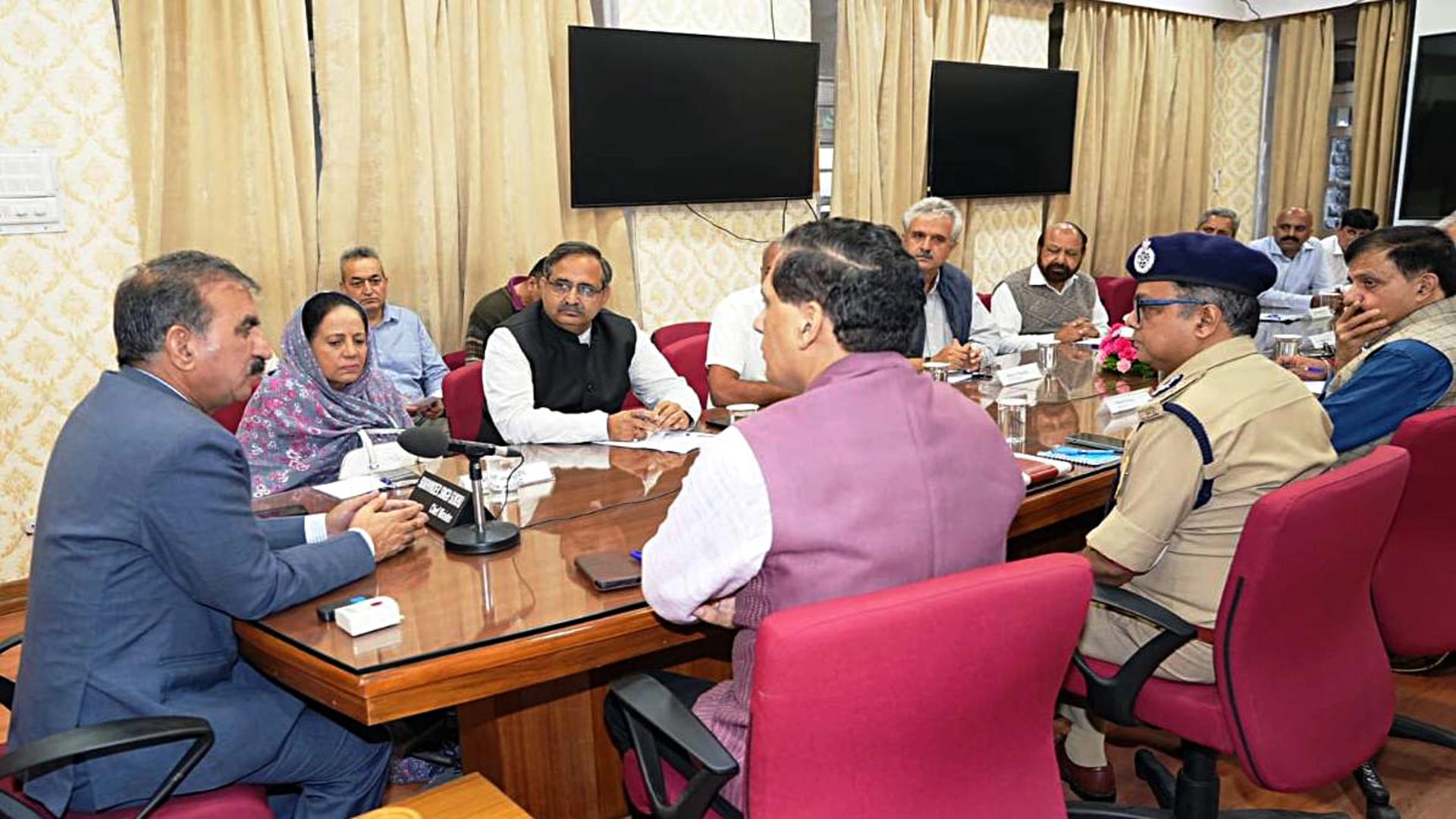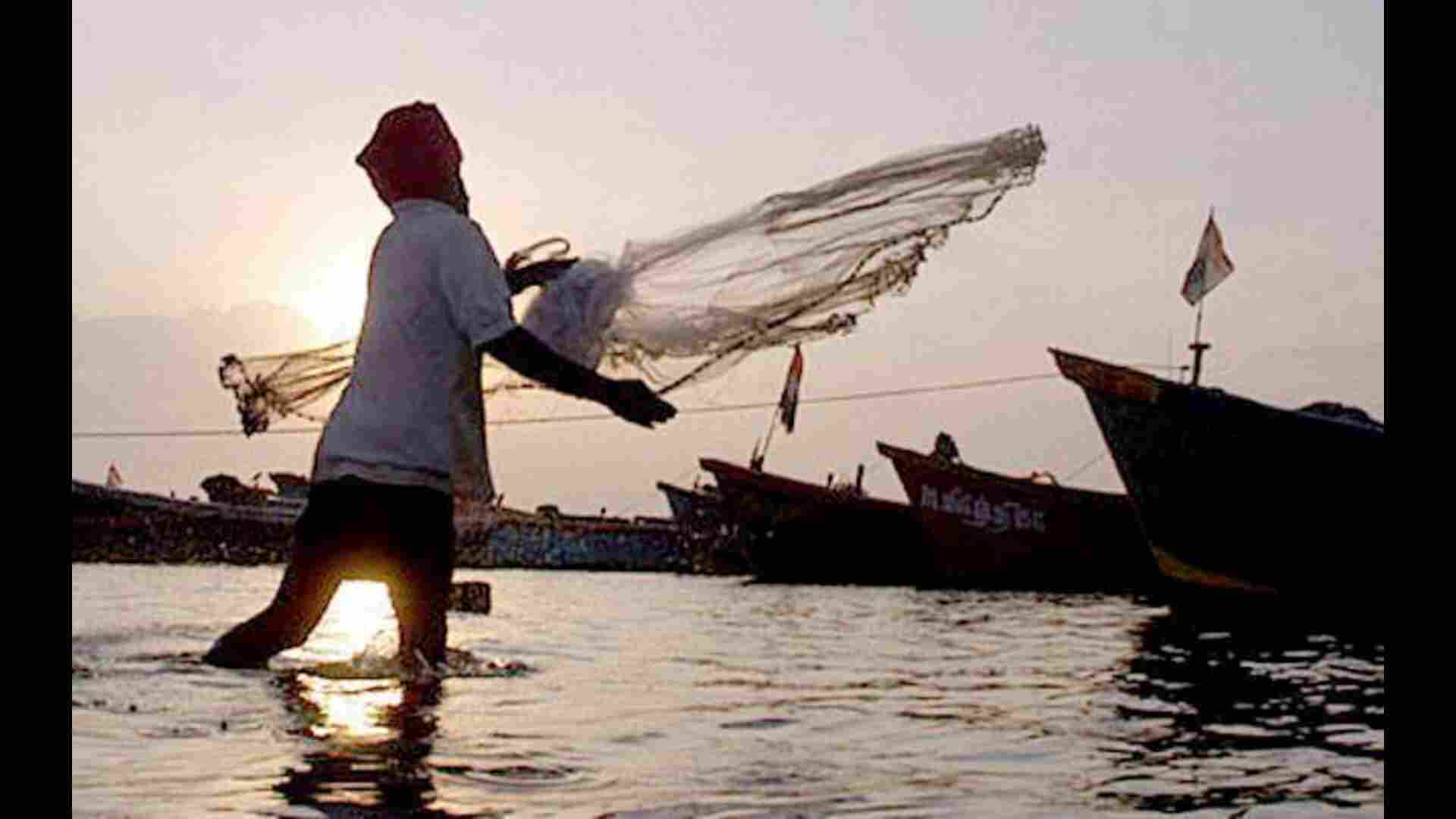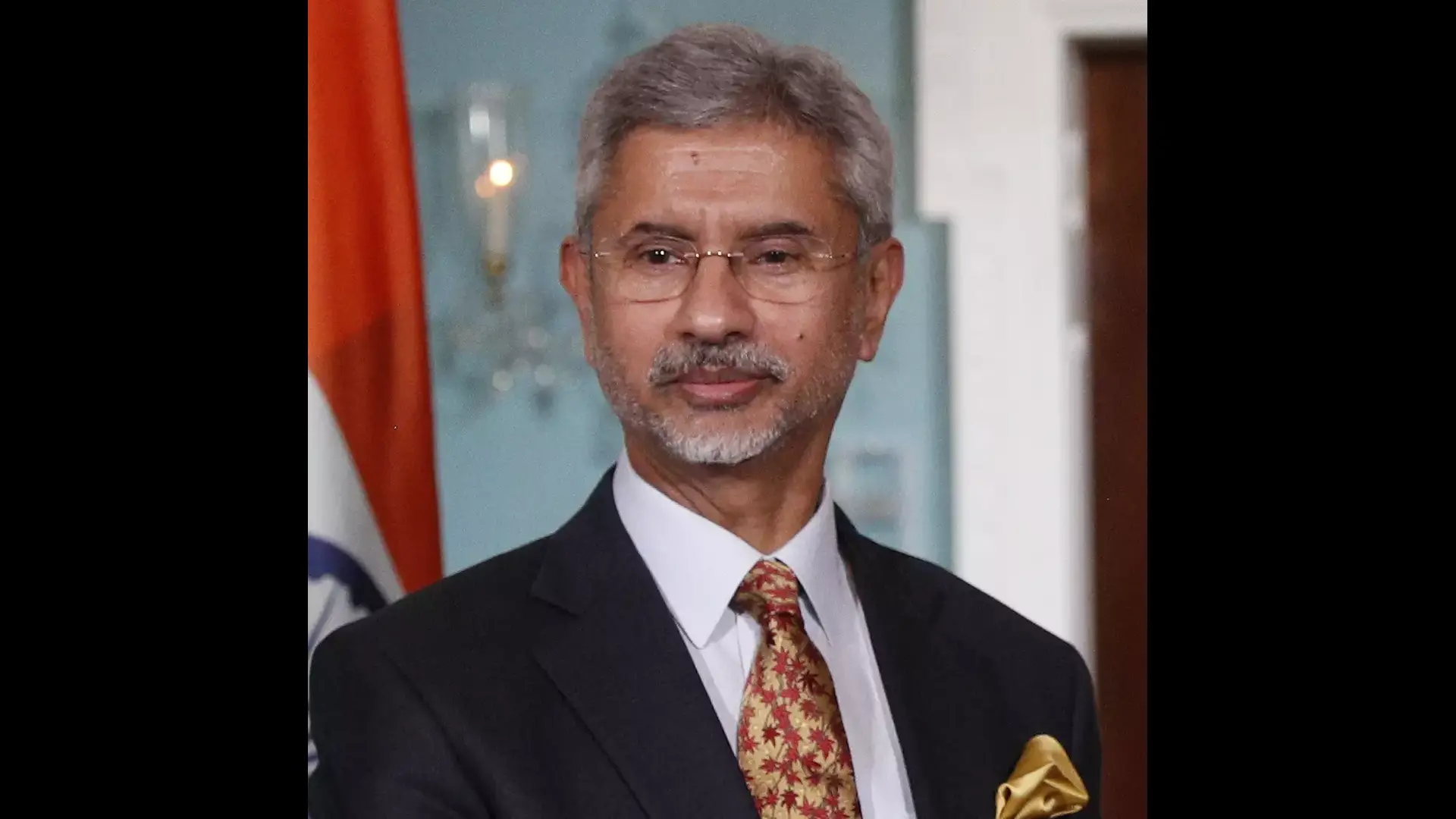Himachal Pradesh Chief Minister Sukhvinder Singh Sukhu announced the restructuring of the Excise and Taxation Department on Sunday, creating two distinct wings: the GST Wing and the Excise Wing. This change aims to streamline operations and enhance public services. The Chief Minister noted that this decision was overdue, especially after the implementation of the GST Act in July 2017.
He stated that the creation of separate wings is essential for improving the department’s efficiency and functioning. The different legal frameworks and regulatory requirements necessitate specialized training in technical, legal, and regulatory aspects, leading to better performance and more effective public service. This restructuring is expected to result in a more balanced workload and stronger field operations.
By having specialized personnel in each wing, the efficiency of the department is anticipated to improve. Officers in the GST Wing will focus on taxpayer services and revenue monitoring, while those in the Excise Wing will concentrate on regulatory tasks, particularly given the societal impact of its operations. Currently, officers are burdened with multiple responsibilities, which can affect accountability. The restructuring aims to address this by creating a clear division of responsibilities.
As part of this reorganization, 38 new posts have been created. Following the restructuring, the common pool will have 87 personnel, while the GST Wing and the Excise Wing will have 718 and 632 personnel, respectively. Chief Minister Sukhu mentioned that neighboring states like Jammu & Kashmir, Punjab, and Uttarakhand have already restructured their Excise and Taxation departments into separate wings. This move is expected to ensure a more focused approach in each wing, leading to improved public services and regulatory functions across the state.
In a related development, Chief Minister Sukhu announced that Himachal Pradesh has become the first state in the country to legalize the seizure of properties in cases involving illegal and spurious liquor. The Chief Minister assured strict measures against those involved in this trade, following recent amendments to the Himachal Pradesh Excise Act 2011 during the monsoon session of the state assembly. The most significant amendment introduces a provision allowing for the seizure of property belonging to individuals involved in illegal activities, as well as their relatives and associates. This aspect was previously missing from the Act. Himachal Pradesh is the first state in India to implement this provision, and such offenses have now been made cognizable and non-bailable.
These new provisions are expected to be effective in controlling illegal liquor trade activities, as they include increased penalties and longer durations of punishment under various sections of the Act. The amendment also proposes the establishment of an excise police force to expedite the handling of excise cases and discourage illegal activities.
To combat the illegal sale of liquor to minors or their use as sales personnel, the new law includes provisions for penalties, such as up to six months of imprisonment or a fine of up to Rs 50,000. To ensure effective implementation, enforcement agencies are being empowered under these provisions.
Also read:
Manipur Govt Extends Internet Ban in Five Districts Until Sept 20
AIP, Jamaat-e-Islami Form Alliance for Jammu and Kashmir Assembly Elections 2024
Nayab Singh Saini BJP’s Haryana CM Candidate Confirms Dharmendra Pradhan Amid Anil Vij’s Claim
The Chief Minister referred to the hooch tragedy in Mandi district in 2022, where eight people lost their lives due to the consumption of spurious liquor. He assured that stringent provisions are being implemented to prevent such incidents in the future. Additionally, the state government is actively working to combat drug abuse, with the recruitment process for over 1,200 constables underway, focusing on effectively tackling such issues.







